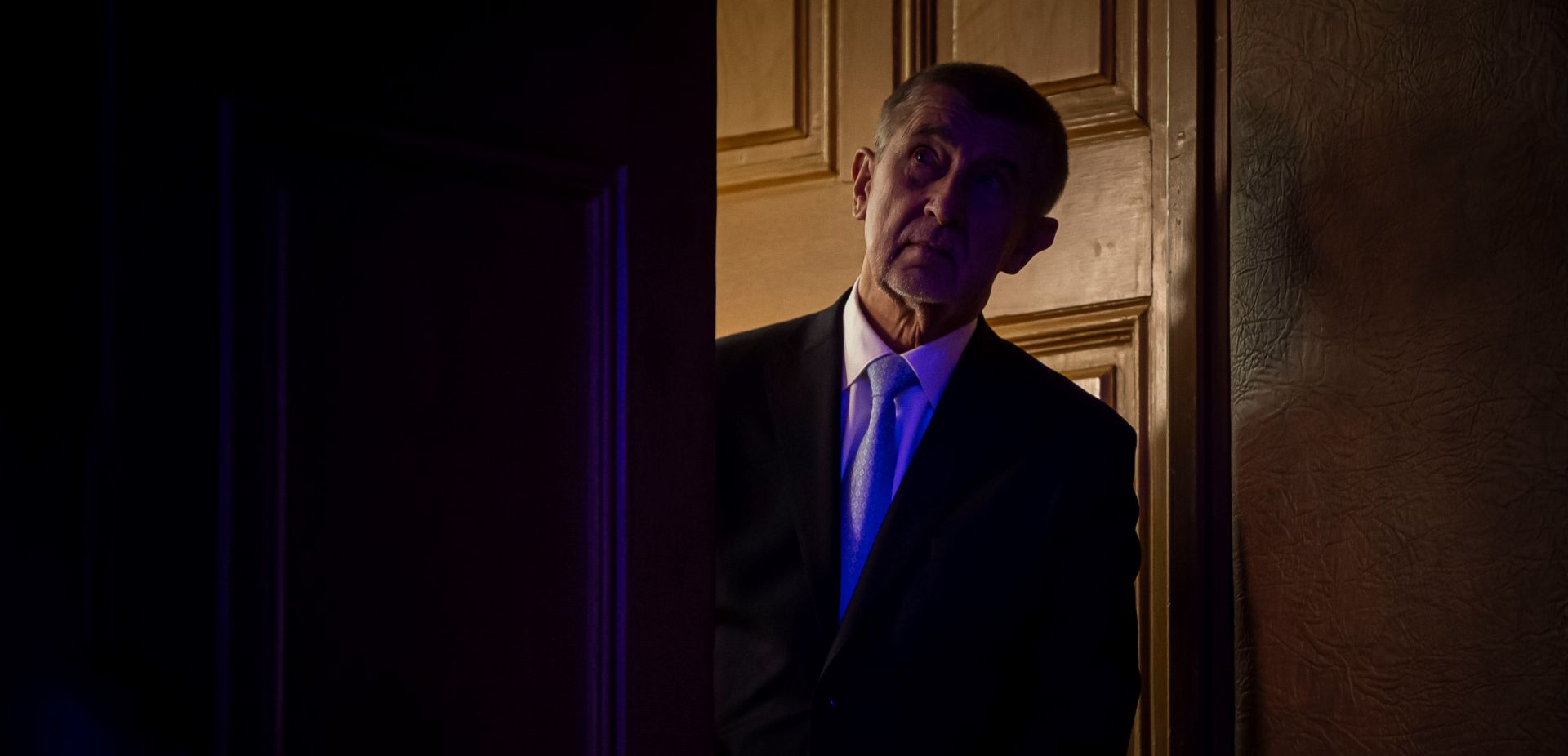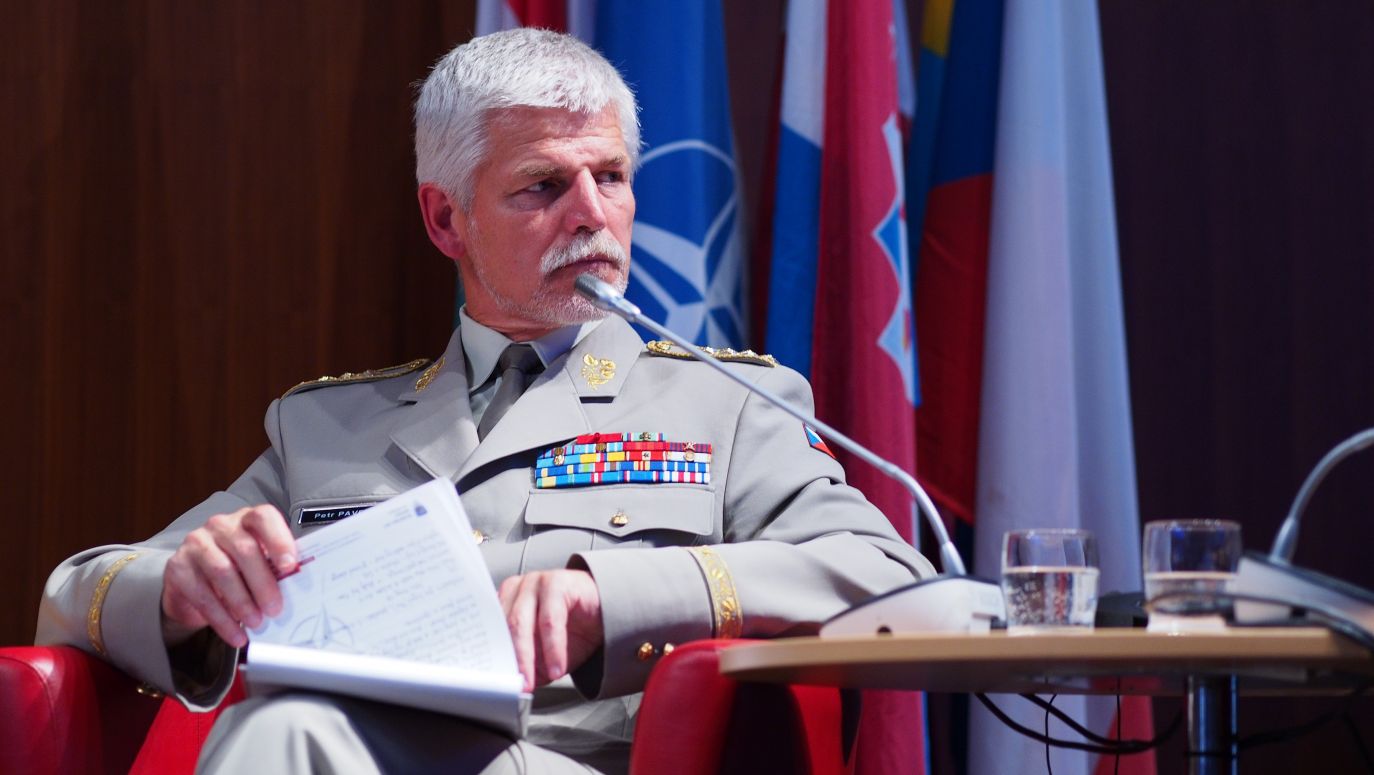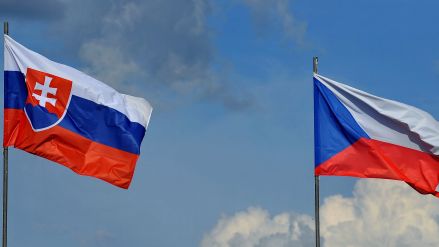Voices have piped up from the left-liberal “bubble” that Babiš belongs to the same group of politicians as anti-establishment right-wing “populists” such as Viktor Orbán, Marine Le Pen or Matteo Salvini, who are saddled with the fact that they entered into various deals with Vladimir Putin.
Meanwhile, the Czech politician has little to do with this crowd. He’s the leader of the ANO party – a grouping belonging to the Renew Europe Party. It brings together establishment formations that declare liberalism in their programs – both ideological and economic (although it varies in practice).
 SIGN UP TO OUR PAGE
SIGN UP TO OUR PAGE 
This group of parties includes Renaissance – a party founded by French president Emmanuel Macron (as En Marche!) and invariably supporting him – or the Open Flemish Liberals and Democrats represented in the European Parliament by, among others, the former prime minister of Belgium, Guy Verhofstadt. The latter politician became famous for his attacks on Poland, accusing Polish conservative governments of violating the rule of law.
No wonder then that the vice-president of the European Commission, Věra Jourová, also carries out an anti-Polish policy. She is an ANO politician and a close associate of Babiš. She became known as an opponent of the payment of money to Poland from the National Reconstruction Plan.
It’s also worth recalling that it was during Babiš’s premiership that the Czech Republic initiated a conflict with Poland over the Turów lignite mine. A complaint was filed with the Court of Justice of the European Union that Czechs living near the Polish-Czech border are victims of air pollution. It’s significant that after the regime in power changed in Prague, the conflict was resolved.
The case of Babiš reveals the essential mechanisms of European politics that give the lie to the propaganda practiced by progressive circles in Poland. They send the message that the European political scene is divided into a good “democratic” option, supporting Ukraine against Russia, and a bad “populist” option, favoring Russia against Ukraine. In this narrative, on the side of good, apart from the liberals from Renew Europe, the European People’s Party and the Progressive Alliance of Socialists and Democrats are mentioned, and on the side of the bad – the European Conservatives and Reformists and various nationalist groups (such as Orbán’s Fidesz, Le Pen’s National Rally or Salvini’s League ).
Incidentally, it should be noted that the latter category does not include the Kremlin-sympathizing radical left, which has its presence in the European Parliament. But looking at the details, one can conclude that this division is false.
Babiš’s group belongs to the international formation of the “democratic” option and, through the mediation of the likes of Jourova, fights against the right-wing “populists” who are in power in Poland. At the same time, the position of ANO’s candidate for president of the Czech Republic towards Russia’s war against Ukraine proves that he favors the Kremlin. However, since Babiš is a politician of a party that is a member of Renew Europe, he can count on the protection of the EU establishment.
Let’s leave the Czech Republic now and look at the entire EU.
It’s no surprise that prominent politicians from European “democratic” groups have taken lucrative positions in Russian companies dependent on the Kremlin. The most famous example – Gerhard Schröder, former German chancellor and a social democrat (Progressive Alliance of Socialists and Democrats) – is no exception. There are many more people like him. These include: Christian Democrats (European People’s Party), former Austrian Chancellor Wolfgang Schüssel and former French Prime Minister François Fillon, Social Democrat, former Italian Prime Minister Matteo Renzi, or liberal (Renew Europe) former Finnish Prime Minister Esko Aho. And although after February 24, 2022, European politicians began to resign from lucrative jobs in Russian companies, the West had problems with Russia long before that date after all.
Each European international has a specific ideological identity. But this isn’t the factor that determines what policies towards Ukraine and Russia (and not only in this matter) are pursued by individual member formations of a given European “family”. Ultimately, that factor turns out to be simply how they interpret their national interests.


 SIGN UP TO OUR PAGE
SIGN UP TO OUR PAGE 





